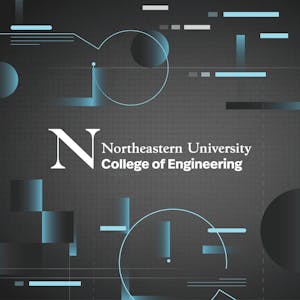Game Theory II: Advanced Applications
About this Course
Popularized by movies such as \"A Beautiful Mind\", game theory is the mathematical modeling of strategic interaction among rational (and irrational) agents. Over four weeks of lectures, this advanced course considers how to design interactions between agents in order to achieve good social outcomes. Three main topics are covered: social choice theory (i.e., collective decision making and voting systems), mechanism design, and auctions. In the first week we consider the problem of aggregating different agents\' preferences, discussing voting rules and the challenges faced in collective decision making. We present some of the most important theoretical results in the area: notably, Arrow\'s Theorem, which proves that there is no \"perfect\" voting system, and also the Gibbard-Satterthwaite and Muller-Satterthwaite Theorems. We move on to consider the problem of making collective decisions when agents are self interested and can strategically misreport their preferences. We explain \"mechanism design\" -- a broad framework for designing interactions between self-interested agents -- and give some key theoretical results. Our third week focuses on the problem of designing mechanisms to maximize aggregate happiness across agents, and presents the powerful family of Vickrey-Clarke-Groves mechanisms. The course wraps up with a fourth week that considers the problem of allocating scarce resources among self-interested agents, and that provides an introduction to auction theory. You can find a full syllabus and description of the course here: There is also a predecessor course to this one, for those who want to learn or remind themselves of the basic concepts of game theory: An intro video can be found here:Created by: Stanford University
Related Online Courses
This course presents the different customer interactions that happen in a retail setting and allows you to experience real interactions through simulations and scenarios. Interactions examined... more
This is a self-paced lab that takes place in the Google Cloud console. In this lab you will provision a MongoDB Atlas cluster, create a dataflow pipeline to load data from the cluster to... more
In this course, you will learn about Agile software development, offering a practical understanding of the software development life cycle (SDLC) with a strong emphasis on Agile... more
This specialization is intended for experienced procurement people seeking to develop skills to run a world-class procurement department. Through seven (7) courses you will cover how to run an... more
Welcome to the comprehensive course on understanding and addressing chronic pain and associated conditions. This course spans seven modules, each designed to provide valuable insights and practical... more








